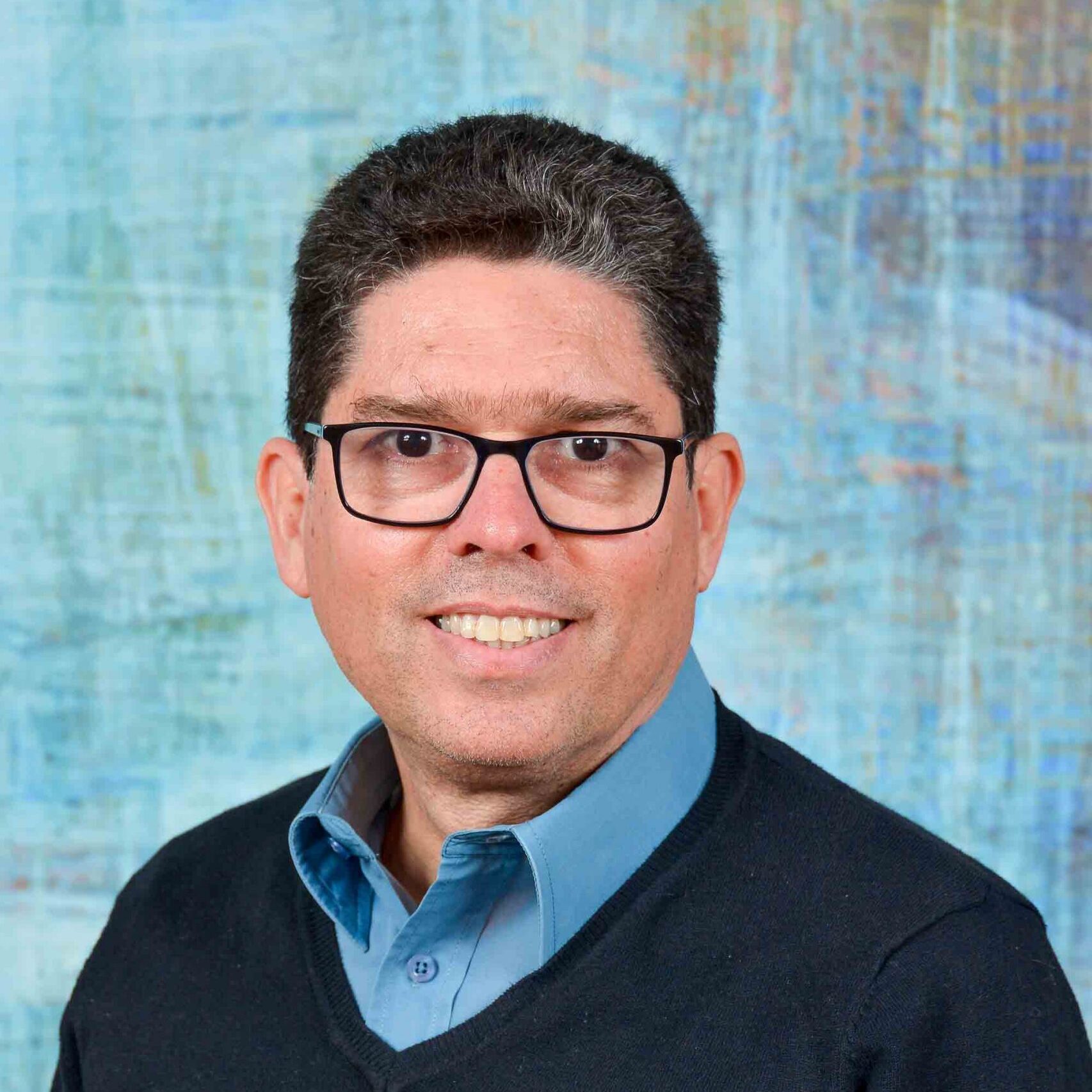The IB Diploma exams started on April 28 after a two-year gap due to the pandemic. There were 3 weeks of hard work and concentration and some learners had up to three exams a day, depending on their subject choices. Their enthusiastic conversations before the exams start, talking about their preparation, anxiety, university acceptances and plans for their life “after the IB” showed their excitement and commitment. After they finished an exam, reactions were mixed. They hug each other and laugh if the exam was considered easy or complain and compare answers if it was more difficult than they expected. Irrespective of their impressions, they always came back the following day ready for the next exams.
I feel very proud of all the learners, as for two years they studied one of the most rigorous secondary education programmes out there, are constantly producing work for internal and external assessments and at the end they have an intense 3-week examination period.
All this hard work pays off because learners and their families know that the IB Diploma is an excellent preparation for university courses and is accepted worldwide by prestigious institutions. Many learners sitting their exams now already received offers from Georgetown University, New York University, University of Toronto, Northeastern University, University of Essex and University of Amsterdam just to name a few.
In Brazil also, for some years now, the IB Diploma has been accepted as an entrance qualification by Fundação Getúlio Vargas (FGV), Faculdade Israelita de Ciências da Saúde Albert Einstein (medicine), Fundação Armando Álvares Penteado (FAAP), Escola Superior de Propaganda e Marketing (ESPM) and Universidade Mackenzie among others.
Besides opening doors to most universities around the world, the IB Diploma also prepares learners well to succeed at university, by offering strong, up to date and comprehensive subject content, specially at higher level, by requiring that candidates write a 4000-word essay, take a course in theory of knowledge (ToK), take part in creative, active and social activities to meet the learning outcomes of the CAS (creativity, activity, service) programme, which promotes international mindedness and life-long learning. A 2021 research in the UK “showed that IB diploma students were significantly more likely to attend a top 20 higher education institution, to graduate with honours and to engage in further study upon graduation.”1
It is not by chance then that there are over 5000 IB World schools in over 150 countries, out of which 50 are In Brazil and 24 are in the state of São Paulo.
Learners sat their last exam on May 18 and on the following day they celebrated the end of their secondary education in an upbeat and joyful graduation ceremony, when they received their Certificado de Concusão do Ensino Médio, granted by the Brazilian Ministry of Education.
St Nicholas is part of the IB history in Brazil and has been offering the Diploma for 22 years in an innovative and learning-centred community with a clear mission to promote a unique adventure to ignite a passion for learning, from our hearts, to others, for the world.
https://ibo.org/research/outcomes-research/diploma-studies/uk-higher-education-outcomes/
Saulo Vianna is the IB Diploma Coordiantor at St Nicholas Pinheiros campus. He is a member of the International Baccalaureate Educator Network (IBEN) working with consultation, authorization and evaluation of IB World Schools for the Americas region.

